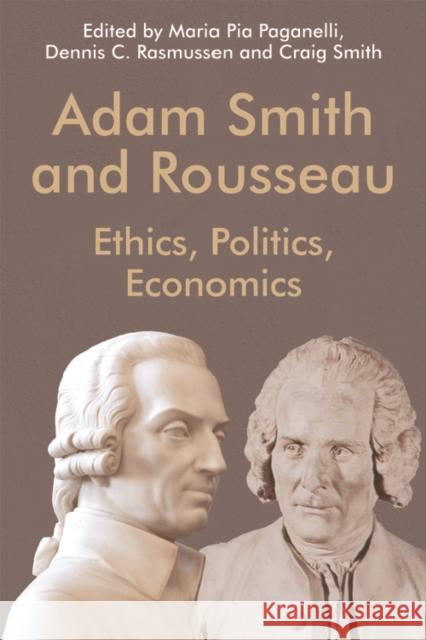Adam Smith and Rousseau: Ethics, Politics, Economics » książka
topmenu
Adam Smith and Rousseau: Ethics, Politics, Economics
ISBN-13: 9781474452687 / Angielski / Miękka / 2019 / 336 str.
Adam Smith and Rousseau: Ethics, Politics, Economics
ISBN-13: 9781474452687 / Angielski / Miękka / 2019 / 336 str.
cena 151,21
(netto: 144,01 VAT: 5%)
Najniższa cena z 30 dni: 125,88
(netto: 144,01 VAT: 5%)
Najniższa cena z 30 dni: 125,88
Termin realizacji zamówienia:
ok. 22 dni roboczych.
ok. 22 dni roboczych.
Darmowa dostawa!
Kategorie BISAC:
Wydawca:
Edinburgh University Press
Seria wydawnicza:
Język:
Angielski
ISBN-13:
9781474452687
Rok wydania:
2019
Dostępne języki:
Angielski
Numer serii:
000816788
Ilość stron:
336
Wymiary:
23.423.4 x 15.6
Oprawa:
Miękka
Wolumenów:
01











